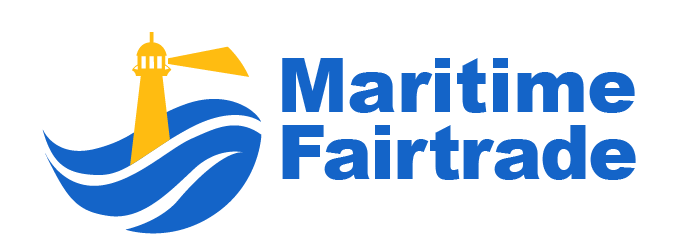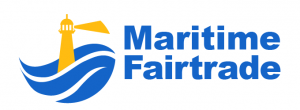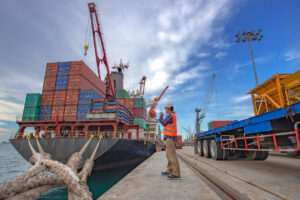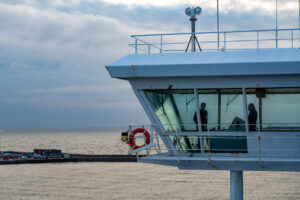The Maritime Just Transition Task Force founded by the International Chamber of Shipping, the International Transport Workers’ Federation and the UN Global Compact has April 7 announced that the Singapore Maritime Foundation has become its first public program partner.
The Singapore Maritime Foundation will play a key role in informing the Global Industry Peer Learning Group, and will act as a contributor to the Task Force’s work including its first project on skills in maritime.
It was also announced that the Maritime Just Transition Task Force will launch a report at COP27 in November on the skills needed for a just and equitable green transition in maritime. The report will quantify the number of seafarers that will need to be trained or upskilled to handle the green fuels of the future and the findings will feed into the creation of policy development and provide clear steps for the shipping industry to take.
Established at COP26 in Glasgow, the Task Force founding members also include the UN’s shipping body, the International Maritime Organization and the International Labor Organization, bringing together governments, maritime workers’ unions, and the shipping industry to pursue a fair and equitable green transition in shipping.
Its purpose is to ensure that workers’ rights and developing economies’ access to zero-emission vessels and zero-carbon fuels remain at the center of policy decisions.
The global shipping industry is responsible for about 3% of global GHG emissions. Reskilling and upskilling the workforce is integral to transitioning industry to a zero-emission value chain of new fuel production and distribution and building the new infrastructure to support it.
Guy Platten, Secretary General of the International Chamber of Shipping remarked: “People are powering this green transition, and they must be set up for success. This is why we established the Just Transition Taskforce to ensure the seafarer workforce is supported.
“The first step is to quantify the skills needed for our workforce to be able to safely work on zero-emission vessels. We will collaborate with industry and governments to ensure no seafarer is left behind, and that developing nations will have equal access to the same training and support.
“ICS is steadfast in its commitment to ensuring that developing economies are supported so we can make the green transition together.”
Stephen Cotton, General Secretary of the International Transport Workers’ Federation said: “We can only decarbonize shipping if we have the buy-in of all those with an interest in the future of the shipping supply chain.
“Skills development and retraining is key. But what does that mean if you’re a seafarer? Workers want to know what a just transition means in practical terms for their jobs, for health and safety. That’s why the top research priority of the taskforce is to calculate the number and kinds of jobs that will be needed for the fuels and ships of the future. Our members are looking forward to seeing the results later this year.”
Beng Tee Tan, Executive Director of the Singapore Maritime Foundation noted that sustainable shipping requires a workforce equipped with new skills, and a key challenge is to identify the suite of skills required for new talent, and how to reskill the existing workforce.
Kitack Lim, Secretary General of the International Maritime Organization affirmed: “A just transition in the maritime sector entails ensuring everyone involved is equipped with the necessary skills and that no one is left behind in this process.
“Given the international nature of shipping, we need to engage worldwide with all stakeholders. All of the workforce involved in shipping, but especially the people at the heart of it, the seafarers, need to be a part of this transition.
“The outcome of the Just Transition Maritime Task Force, is vital to the ongoing processes at IMO related to the future workforce, in particular, the upcoming discussions on a comprehensive review of IMO’s International Convention for the Standards of Training, Certification, and Watchkeeping for Seafarers (STCW Convention).
“I look forward to continued work in collaboration with the relevant stakeholders.”
Photo credit: iStock/ CaraMaria










